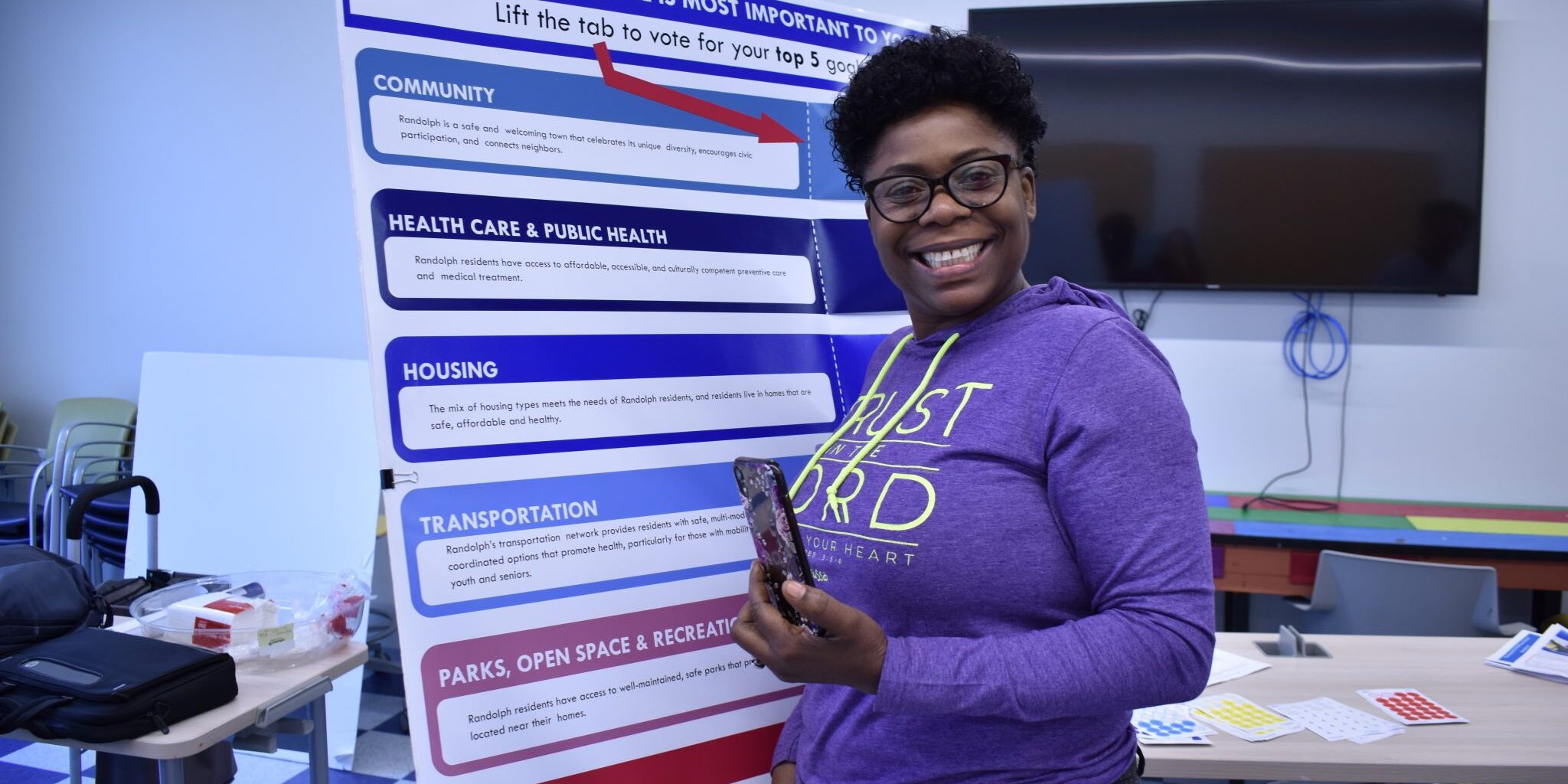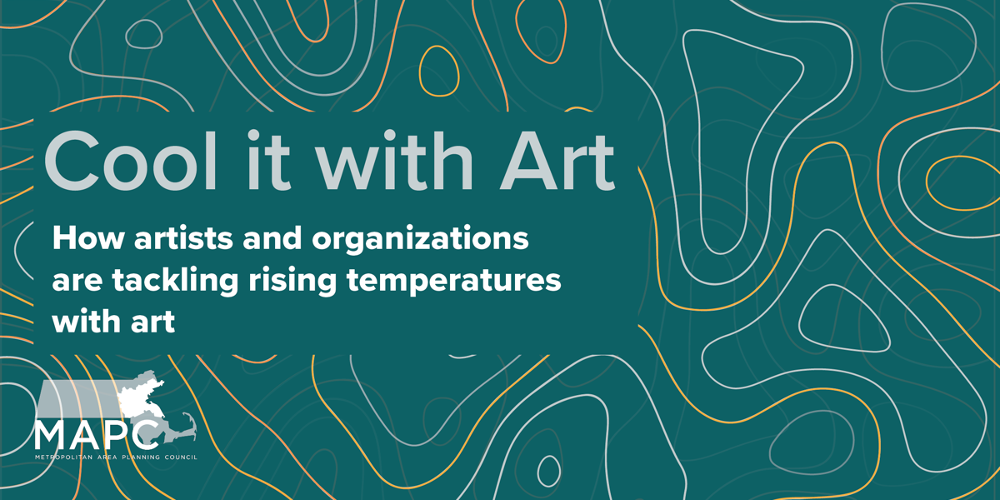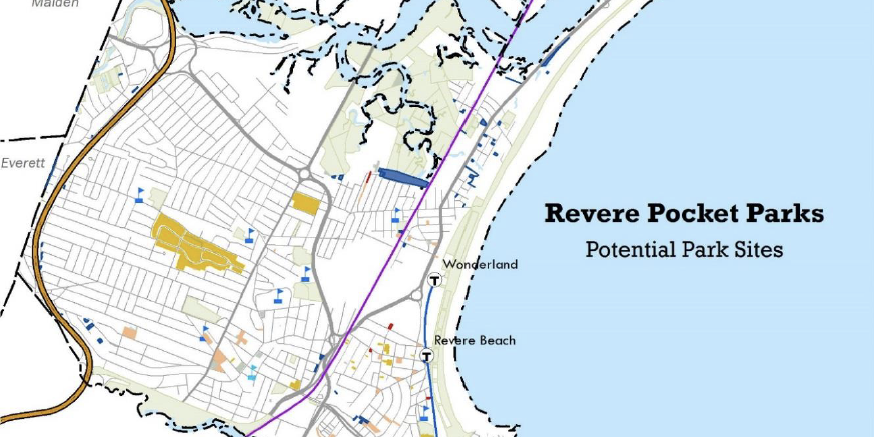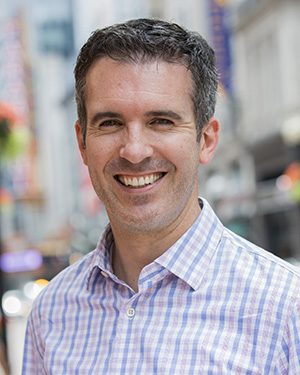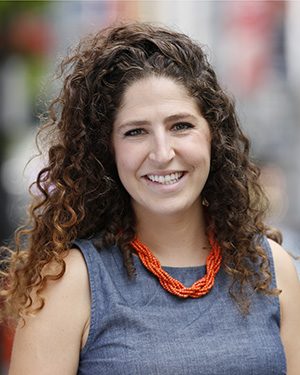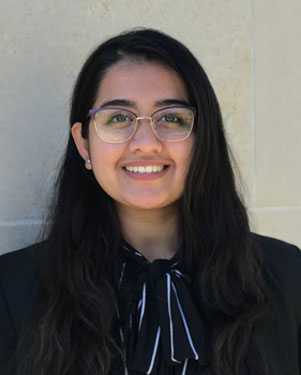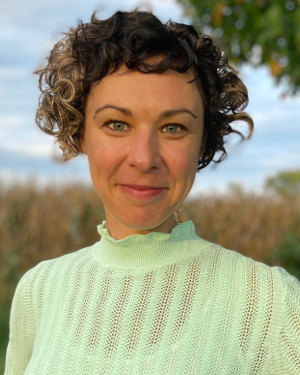Public Health
At MAPC, we integrate public health perspectives into our work: from planning projects to data collection and analysis to policy development. MAPC is on the forefront of linking health and planning to help make our communities safe, healthy, and equitable.
We seek to ensure that the region’s residents, whatever their income, education, or ethnic background, can live the healthiest lives possible. Through our work, we seek to increase access to open space, healthy food, and active transportation, to sustain violence-free communities with safe and stable housing, to support equal access to health services, and to limit exposures to pollution and environmental contaminants. Our work relies heavily on a Health in All Policies (HiAP) approach.
Questions?
To learn more about MAPC's Public Health Services, contact:
Barry Keppard
Public Health Director
[email protected] or (617) 933-0750
JUMP-TO SECTION
LEARN MORE ABOUT OUR WORK
- Public Health Home
- Healthy Community Design
- Health & Equity Assessments
- Food Systems & Healthy Food Access
- Climate and Health
- Root Cause Solutions Exchange
Our Work
There is a strong link between health outcomes in communities and issues such as transportation, economic development, housing, energy, climate change, and the environment.
We work with cities and towns in our region to increase access to open space, healthy food, and active transportation; to sustain violence-free communities with safe and stable housing; and to limit exposures to pollution and environmental contaminants.
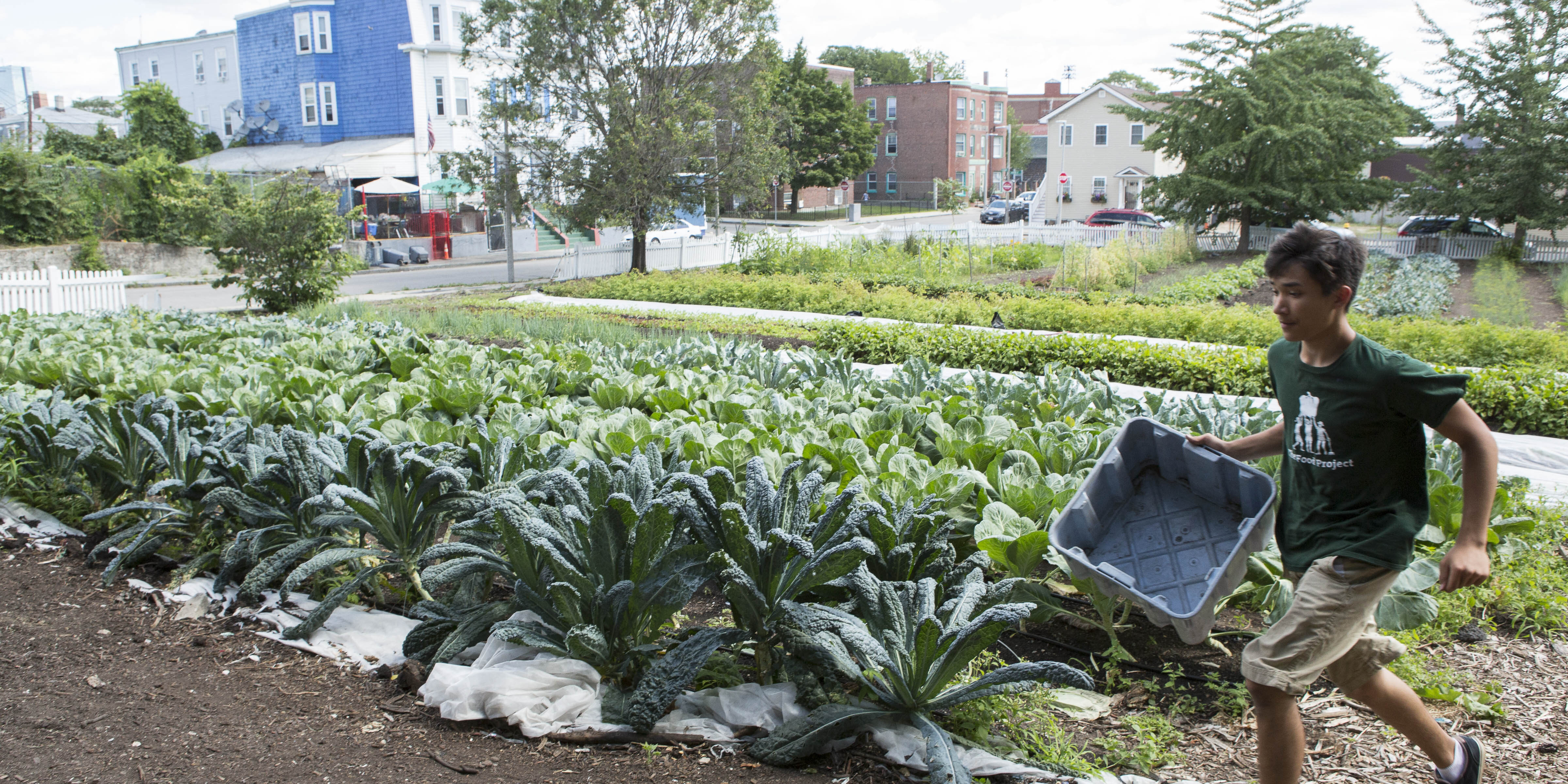
Recent Work
Randolph Community Wellness Project
In January 2020, the Town of Randolph and MAPC published a Community Wellness Plan—an action plan for improving public health in Randolph, based on data and community feedback.
Now, we're helping Randolph put that plan into action, prioritizing three goals chosen as most critical by community members. The action areas center around community-building, schools, and health care and public health.
Climate Perspectives
The Climate Perspectives project integrates focus groups and participatory art-making to collect and share perspectives on the impacts of climate change and emerging resilience strategies.
In 2019, MAPC facilitated four focus groups and conducted follow-up interviews with managers, employees, and representatives from the construction, farming, home health care, and fishing industries.
Cool it with Art
Collaborations with artists and creatives can enhance climate resilience by transforming infrastructure into art, increasing community awareness of preparedness activities, and enhancing local knowledge of climate risk.
This Guide contains information, examples, resources, and practical guidance on how local governments, community-based organizations, and artists can partner to address climate-driven extreme heat impacts.
Revere Pocket Park Site Suitability Analysis
The suitability analysis supports strategic pocket park development that promotes health equity and climate resilience. It was important to Revere partners that equitable park access and associated health benefits be emphasized in the analysis.
The analysis results can also be used facilitate achieving the City’s broader goals for climate resilience, public health and open space recreation.
Public Health Principles
Core Assumptions & Principles
Health is a fundamental right.
Health is a state of physical, mental, and social wellness, not merely the absence of disease.
Health springs from communities that are safe, connected, resourced, and equitable.
Engagement & Approach
We recognize where you live, learn, work, gather, and age greatly influence health, and we promote health through healthy community design.
We work with partners to increase their capacity to improve community health and health equity.
We prioritize solutions driven by those effected most by the problems, particularly low income communities and communities of color.
We are interdisciplinary in our approach, and collaborate with partners across regional planning fields.
Our planning practice and recommendations are broadly informed, and evidence-based.
Outcomes and Impact
Through planning and policy, our efforts make it easier for everyone to live long, healthy lives, in communities that are safe, connected, resourced, and equitable.
Our work results in health equity, and eliminates health disparities typically experienced more by populations of color, and low-income communities.

